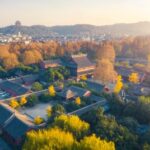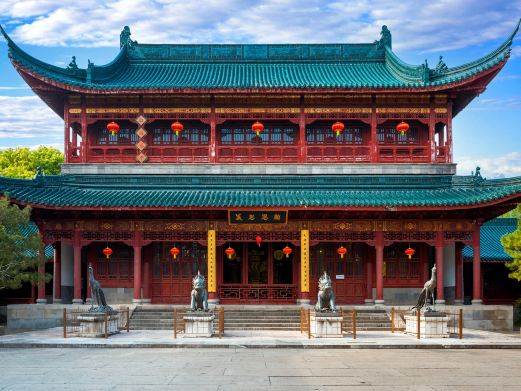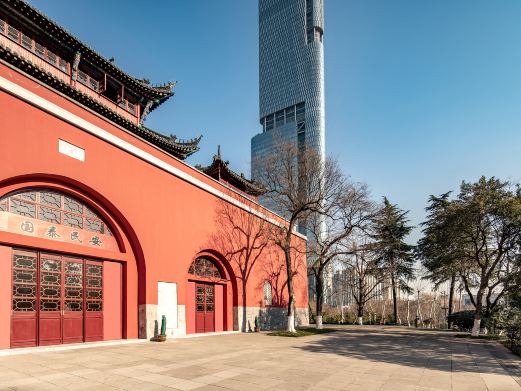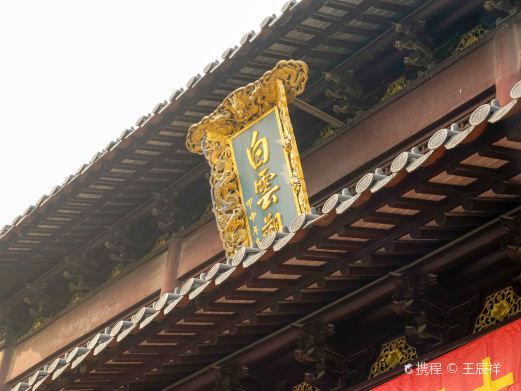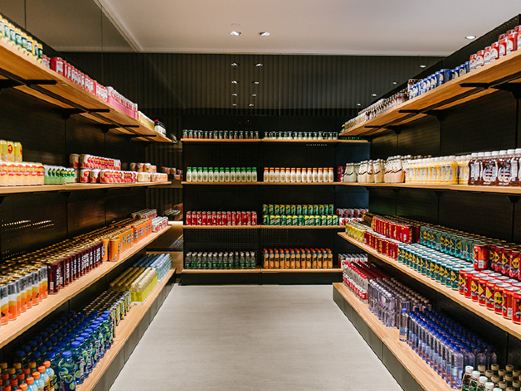Quyuan, the former residence of the renowned scholar Yu Yue during the late Qing Dynasty, is named after the philosophical concept from Laozi, ‘Qu Ze Quan’, which means ‘the crooked is whole’. The garden features several key attractions including the Spring Hall, Joy Hall, Spring Pavilion, and the Small Bamboo Pavilion. Covering an area of 2800 square meters, the main residence is centrally located and divided into five sections from south to north, with additional rooms to the east separated by a service alley that allows for communication between them. The western and northern parts form a pavilion garden, creating a semi-enclosed layout around the main residence. The garden is open all year round from 9:00 to 16:30.
Yu Yue (1821-1906), styled Yinpu, also known as the Master of Quyuan, was from Deqing, Zhejiang. He was a successful candidate in the imperial examinations in the 30th year of the Daoguang Emperor (1850). Yu Yue’s academic pursuits focused on classical studies, but also encompassed various schools of thought, history, exegetics, as well as opera, poetry, prose, and calligraphy, earning him the reputation of a profound scholar. He dedicated over 40 years to academia, attracting students from China, Japan, and Korea, who revered him as a master of simple learning. Yu Yue was the great-great-grandfather of modern scholar Yu Pingbo, and notable figures such as Zhang Taiyan, Wu Changshuo, and Japan’s Inoue Seisai were his disciples. Yu Yue won the admiration of the examiner Zeng Guofan with his poem ‘Flowers may fall, but spring remains, the weather is still fair and sunny.’ At that time, there was a widely circulated saying in society, ‘Li Hongzhang only knows how to be an official, Yu Yue only knows how to write books.’Suzhou Classical Garden: Quyuan
Quyuan, the former residence of the renowned scholar Yu Yue during the late Qing Dynasty, is named a[...]
